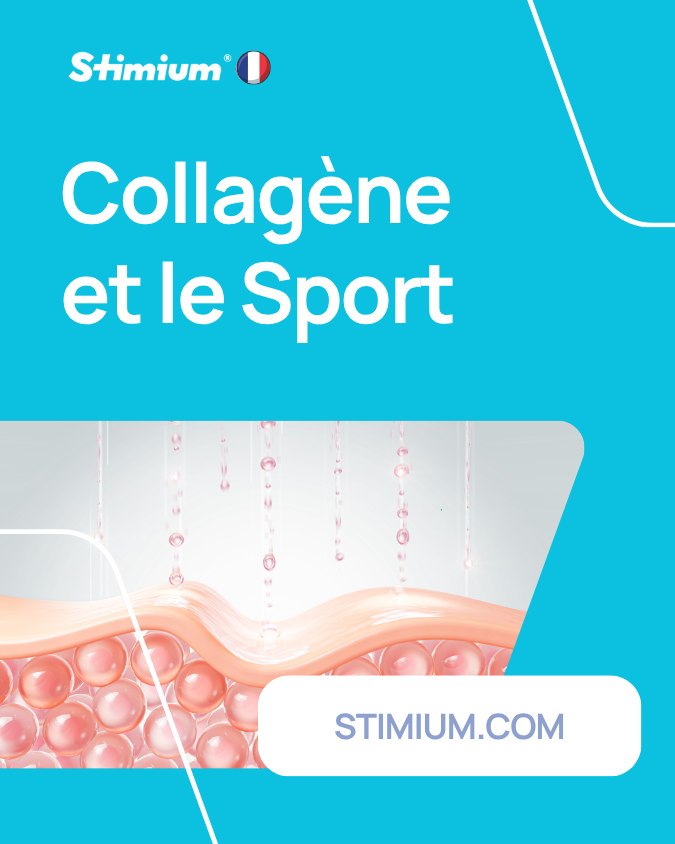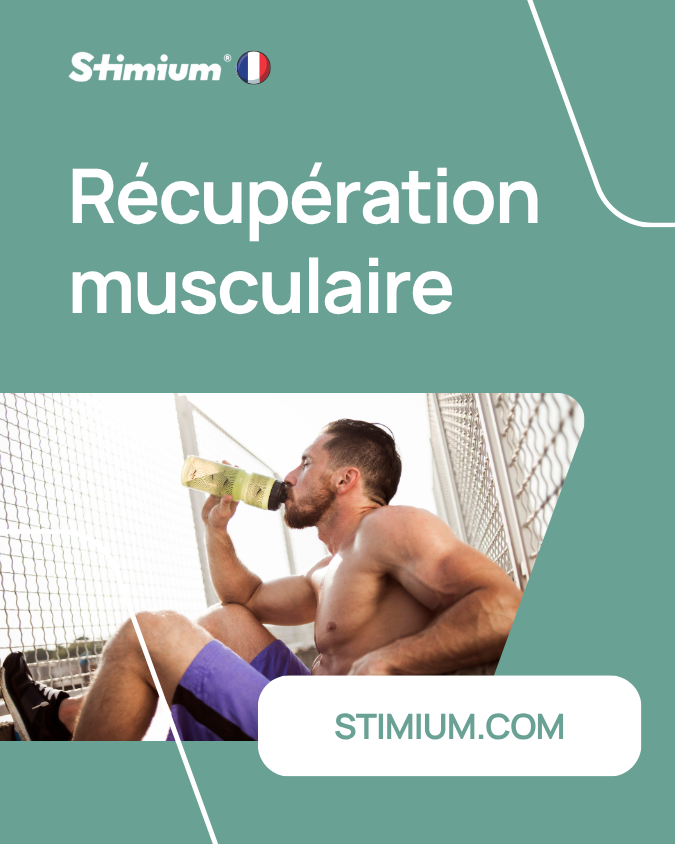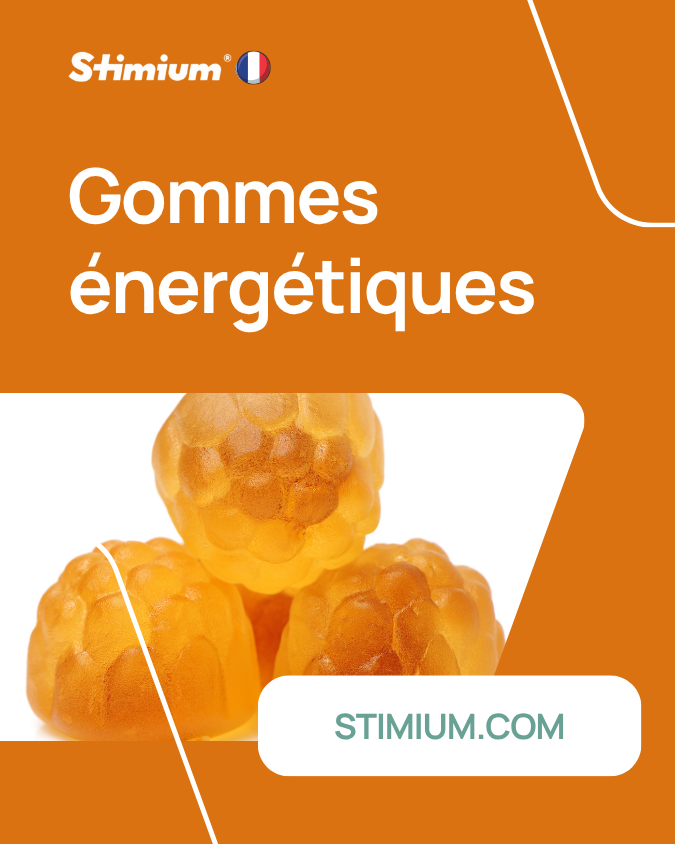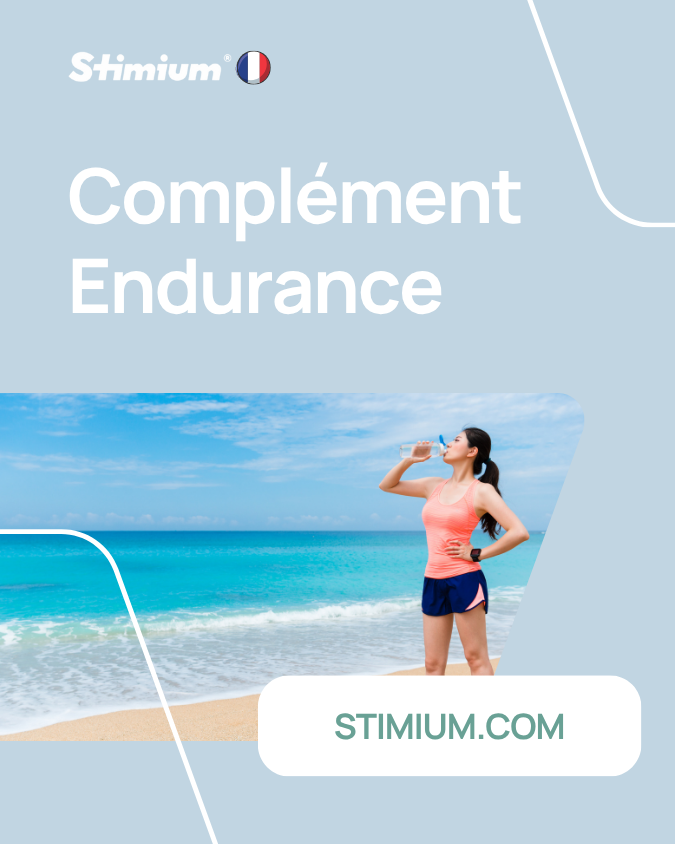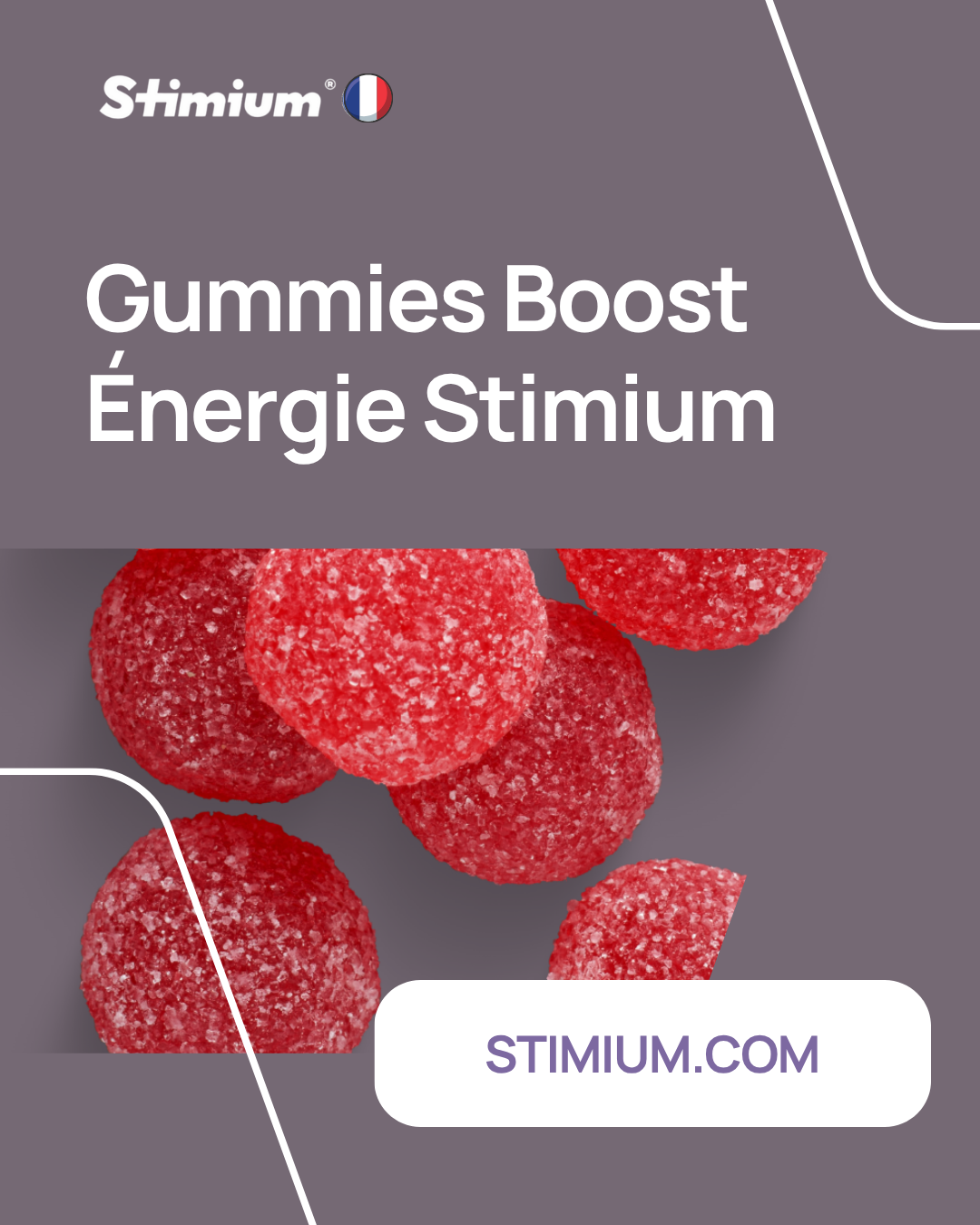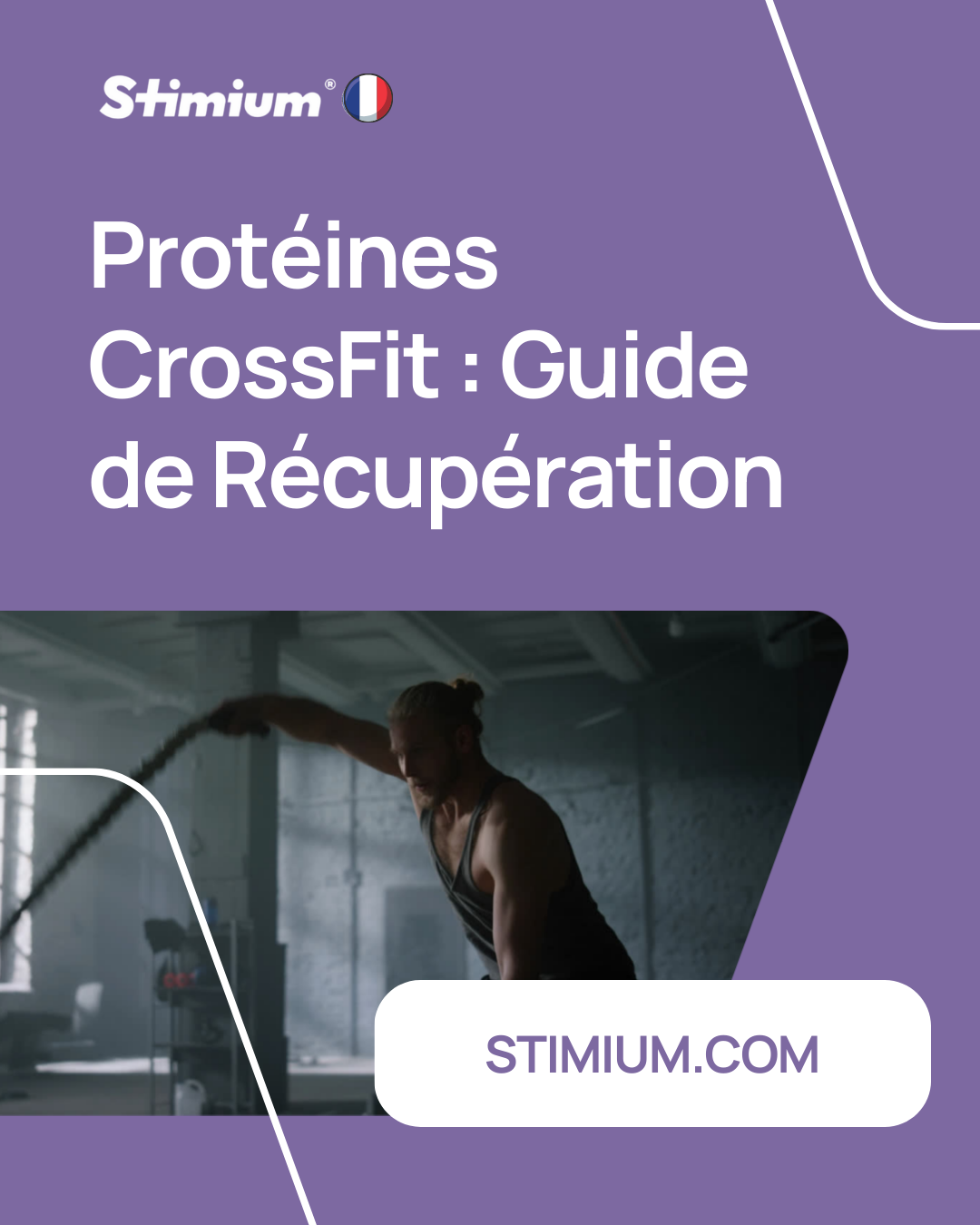Fitness, Cardio, Bodybuilding, Endurance: An update on nutrition in sport (2023)
Sport and diet, we all have an opinion ! We all know that nutrition is a key piece when talking about Fitness. But what should you put on your plate? Is it obligatory to take food supplements? When should you eat?
Our #TeamStimium experts will give you some ideas and recommendations here to help you clarify this vast area of sports nutrition.
To live better or to perform, it is important to have a foundation in nutrition to fully understand your diet.
Eat healthy
To provide the body with what it needs, it is important to vary the menus. We have grouped 7 food groups with our recommendations on the quantities to take. Of course, this is only a recommendation and a specific diet (vegetarian, gluten-free, etc.) can always compensate one of the food groups with another to obtain all the necessary nutrients.
- Meats, poultry, fish products, eggs (1/2 servings per day)
This group provides you with good quality proteins and iron that is easily assimilated by the body. The iron found in meat and fish is better assimilated than that of any other food group, which is particularly important when we know that many people are iron deficient. Fish provides essential fatty acids such as omega 3 which provide a vital function for the structure of nerve cells in the brain.
For Iron, it is obviously recommended to take Stimium Spiru , our 500mg spirulina with vitamins and minerals including iron, highly bioavailable to improve performance, recovery, tone and vitality.
In terms of proteins, Stimium® [C] Whey , Stimium® Iso Hwy or Stimium® VegPro to maintain a good protein intake sustainably during the training phase and better muscle regeneration.
- Fruits and vegetables (5 servings per day)
Fruits and vegetables have incomparable nutritional qualities and provide vitamins A, B, C and E, potassium, magnesium, but also water and fiber . Anti-oxidants such as vitamins C, E, carotenoids and polyphenols help neutralize free radicals which promote premature aging of cells and the onset of diseases.
Obviously, for a complete supply of vitamins, we recommend Stimium MVM with its 13 vitamins and 12 minerals as well as Vital LLR , the only product on the market combining vitamins, minerals, ginseng and tribulus and releasing its active ingredients in 5 minutes, 45 minutes and 8 o'clock!
For antioxidants, again, Stimium can offer many possibilities with Stimium Ashwagandha , the most powerful natural physical anti-stress, with antioxidant properties, restoration of physical energy, improvement of endurance and resistance, Stimium KG which helps fight inflammation and oxidative stress - a plus to complete the effort or even Stimium SPIRU and our organic spirulina dosed at 500mg, with highly bioavailable vitamins and minerals.
- Breads, cereals, potatoes, dried vegetables (in moderation at each meal)
An athlete consumes a lot of calories and the carbohydrates present in this food group will provide the necessary fuel for the effort. Favor whole grain products because they are a major source of B vitamins, iron, fiber and carbohydrates.
- Milk and dairy products (1-2 servings per day)
Dairy products are a good source of protein, calcium and vitamin D.
Contributes to maintaining better physiological and mental vitality / Helps with the proper functioning of the nervous, muscular, immune and vision systems
- Added fat (in moderation)
Plant sources such as olive, rapeseed or walnut oil are preferred for their composition of mono or polyunsaturated fatty acids (essential fatty acids).
- Sweet products (in moderation)
It is recommended to limit the intake of sugary products to around 10% of total energy intake because their energy density is high and their nutritional value is quite low (few vitamins, proteins, minerals and fiber).
Source of protein, rich in fiber, low in carbohydrates and lipids
- Drinks (2 to 3 liters)
Drinking water regularly and with each meal is essential to allow the body to hydrate and this promotes the elimination of waste . The recommended quantity for an athlete is approximately 2 to 3 liters per day . The water consumed can be varied (mineral , carbonated taps, tea, infusions) to optimize mineral intake.
Each of these food groups will provide nutrients (macro and micro) which will provide energy to the body to function properly.
To estimate the amount of calories your body needs each day and better control your weight gain or loss, you can calculate your energy needs using the formula below:
Calculation of energy needs:
Basic metabolism
MB = A+B+C
Women
- A = 2.67 x age
- B = 401.5 x height (in m)
- C = 8.6 x weight (in kg)
Man
- A = 3.8 x age
- B = 456.4 x height (in m)
- C = 10.12 x weight (in kg)
Physical activity level
Coefficient
- Sedentary (no or little sport) 1.35
- Weakly active (2-3 hours of sport/week) 1.55
- Active (1 hour of sport/day) 1.75
- Very Active (+2 hours of sport/day) 1.95
Energy requirements = MB x Coefficient
Example :
Audrey is 27 years old , is 1.67 m tall and weighs 54 kg .
She is a slightly active person, she does 2 hours of boxing per week and classes from time to time.
MB: = 1207 calories.
Energy requirements: 1764 x 1.55 = 1870 kcal.
Energy expenditure depending on the intensity of the effort:
Light intensity: < 300 kcal / hour
Average intensity: 300-600 kcal / hour
High intensity: > 600 kcal / hour
Advice from our Stimium Coach on food supplements:
“By doing regular fitness activity your body will draw on your resources, particularly some which are not renewable. To stay in shape, appropriate nutrition is recommended. This will avoid fatigue, injury and bad mood! »
